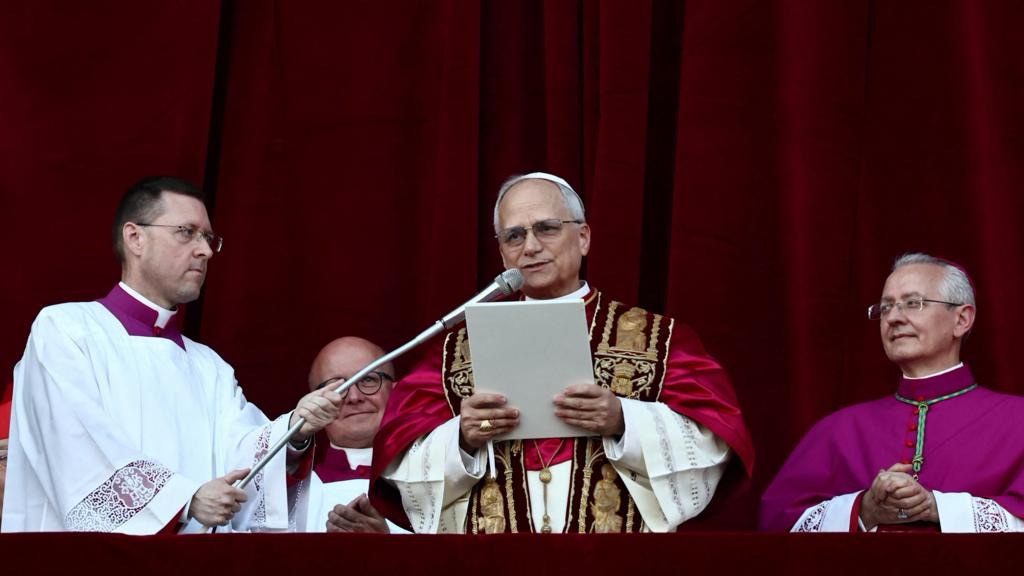Nigeria has fully repaid the $3.4 billion emergency loan it received from the International Monetary Fund (IMF) during the COVID-19 pandemic. The final payment was made on April 30, 2025, marking the completion of a five-year repayment plan under the IMF’s Rapid Financing Instrument (RFI).
The loan, disbursed in April 2020, was intended to help Nigeria navigate the economic challenges posed by the pandemic, including a significant drop in oil prices that led to a recession. The IMF’s resident representative in Nigeria, Christian Ebeke, confirmed the completion of the repayment, noting that while the principal has been settled, Nigeria will continue to make annual payments of approximately $30 million in Special Drawing Rights (SDR) charges.
According to Nigeria’s Debt Management Office, the country spent $4.66 billion on foreign debt servicing in the previous year, with $1.63 billion directed to IMF obligations.
The repayment schedule included SDR613.62 million in 2023, SDR1.22 billion in 2024, and SDR613.62 million in 2025. This structured approach allowed Nigeria to manage its debt obligations effectively while addressing domestic economic concerns.
The successful repayment of the IMF loan is a significant milestone for Nigeria, reflecting its commitment to fiscal responsibility and economic recovery. It also positions the country favorably for future engagements with international financial institutions.





